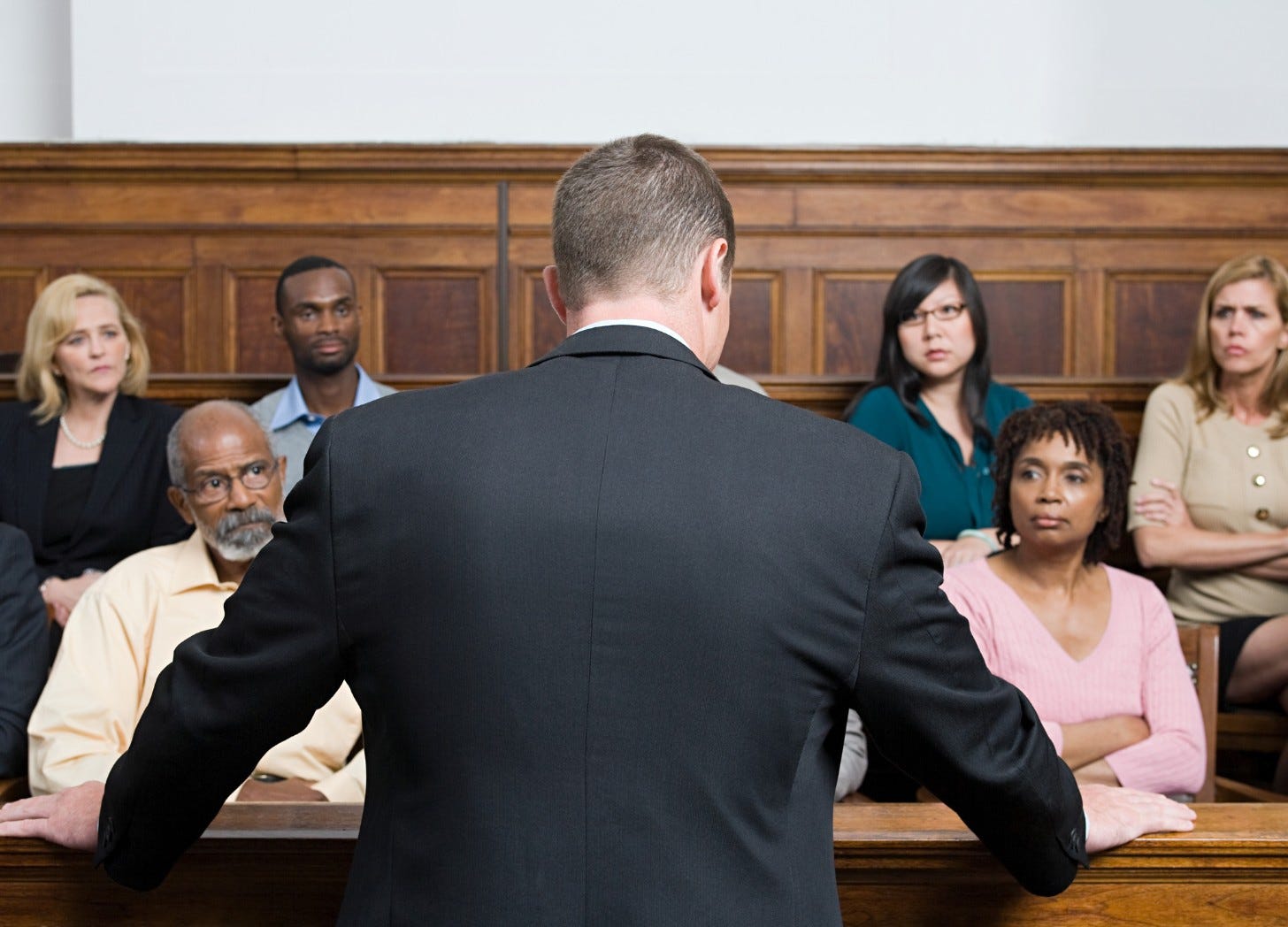Jury and Non-Jury Systems in Modern Legal Contexts
Definition of Jury
In some legal systems, especially common law systems of Britain, US, Canada, Australia, South Africa, and others, juries are used in criminal trials.
For those who are not sure of what a jury is exactly, it is basically a panel, or team, of typically 10-12 citizens who sit at a criminal trial; after hearing the cases presented by both the prosecution and defense, they then come to a verdict on guilt or innocence.
Origins of the Jury System
Although the jury system has its roots in ancient Greece, it was the English legal system in the 12th century that it became standard practice.
Initially, jurors were local citizens who were expected to know the parties involved and the facts of the case.
Over time, the system evolved to embody principles of objectivity and fairness, with the idea being to ensure community participation in the justice process.
Theory Behind the Jury System
The jury system operates on the principle that a group of ordinary people can best deliver a fair verdict. This idea is rooted in democratic values, and it holds that ordinary citizens can contribute to justice by applying community standards and common sense.
In theory, the role of the judge in a trial is to direct the jury, to advise on points of law, and to decide on what evidence is admissible, while the jury’s task is to come to a decision based on the evidence and facts presented.
Use of Jury Systems Today
Until the 1980s, juries were used in both civil and criminal trials in most of the common law countries, but now, with the exception of the US, they are mostly used in criminal trials only.
They are selected from the general population through a vetting process designed to ensure impartiality.
Non-Jury Systems
In contrast, non-jury trials, also known as bench trials, are standard practice in civil law countries, such as Romania, Germany, and Japan. In these systems, a judge – or sometimes a panel of judges – takes on the role of fact finder and decision-maker. In other words, they do what the jury traditionally did in common law systems.
Judges in non-jury systems are, as career professionals with extensive legal training, seen as being much better able to make an informed and fair decision and are expected to bring a high level of expertise and objectivity to their rulings.
In today’s complex world of legal administration and practice, this would appear to make much more sense.
Drawbacks of the Jury System in Modern Legal Environments
Despite its democratic appeal, the jury system has several drawbacks, particularly in the context of modern, complex legal cases:
Complexity of Cases: Many modern cases, especially those involving technical or scientific evidence, can be too complex for lay jurors – in other words, who are not qualified legal professionals - to understand fully. This can lead to misunderstandings and potentially flawed verdicts.
Bias and Prejudice: Jurors, being human, can be influenced by personal biases or media coverage, which might affect their impartiality. While this was not a big issue maybe 40 years ago, when jurors could be sequestered away from TV and newspapers for the duration of a trial, today’s easy access to internet and media is a different matter. Despite special processes designed to screen for bias, complete impartiality is difficult to achieve.
Length and Cost: Jury trials tend to be longer and more expensive than bench trials. The process of selecting a jury, presenting evidence in a manner comprehensible to laypeople, and the necessity of providing extensive instructions to the jury can all extend the duration and cost of trials. In the US, for example, there is often as much time spent on jury selection and vetting before a trial as on the trial itself.
Inconsistent Verdicts: Jury decisions can be unpredictable. Different juries might reach different verdicts on similar evidence, leading to a perception of inconsistency and arbitrariness in the justice system. Factors such as ethnicity, culture, education, socio-economic status, and even gender can all influence jurors.
Stress on Jurors: Serving on a jury can be a significant burden for citizens, both emotionally and financially. Jurors often have to take time off work and may find the responsibility of deciding a person's fate to be extremely stressful.
Conclusion
While the jury system is lauded for its democratic nature and community involvement, it faces significant challenges in the modern legal landscape of forensic evidence, complex legal issues, and new kinds of crime such as terrorism, complicated financial fraud, and sensitive sex-related offences.
These, along with the cost, duration and media coverage of modern trials, raises a very important question: taking into account time, cost, and protection against dangerous influences:
Does the democratic ideal of a jury trial really outweigh the benefits of a non-jury trial conducted by a professional judge?
Find out more from one of my Legal English courses.




